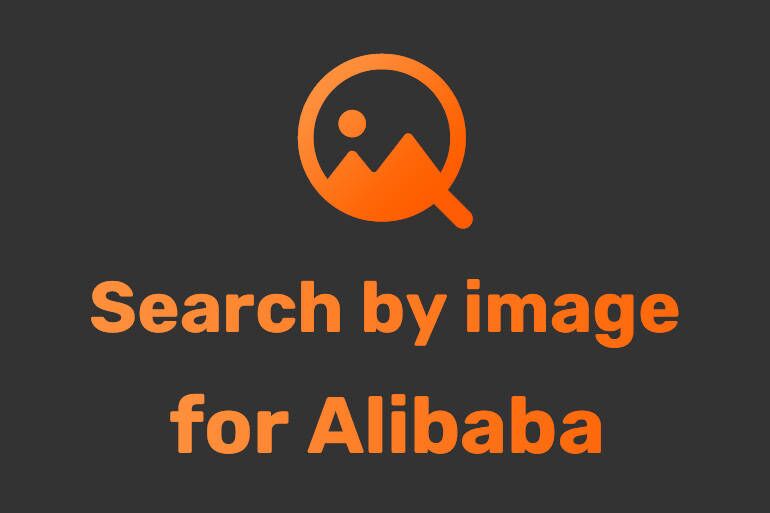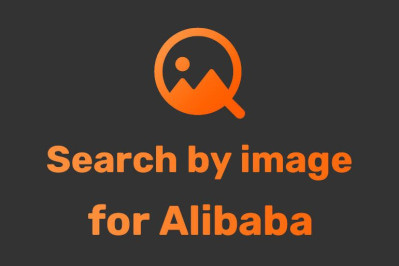

FOB, CIF, EXW: Understanding Shipping Terms for Import from China in E-commerce
When it comes to importing products from China, one of the most important aspects to understand is shipping terms. Whether you're an experienced importer or new to e-commerce, understanding Incoterms like FOB, CIF, and EXW is essential. These terms dictate who is responsible for what in the shipping process, including costs, risks, and logistics. By getting a clear grasp on these terms, you can save money, reduce risks, and streamline your import operations.
In this article, we will break down the meanings of these key Incoterms, and provide you with practical insights to make informed decisions about your e-commerce imports from China.
What Are Incoterms?
Incoterms (International Commercial Terms) are standardized rules used in international trade to define the responsibilities of sellers and buyers for the delivery of goods. These terms cover various stages of the shipping process, including:
Who bears the cost of shipping and insurance?
Who is responsible for customs clearance?
Who bears the risk if goods are damaged or lost?
For e-commerce businesses, understanding Incoterms is crucial because it directly impacts your logistics, costs, and risk management when importing products from suppliers in China. Let’s dive into three of the most common Incoterms used in the e-commerce industry: FOB, CIF, and EXW.
Understanding FOB (Free on Board)
FOB is one of the most commonly used Incoterms in international trade, especially when importing from China. Here’s how it works:
Seller’s Responsibility: The seller is responsible for all costs and risks associated with transporting the goods to the port of shipment. This includes export customs clearance, shipping, and loading the goods onto the vessel.
Buyer’s Responsibility: Once the goods are loaded on the ship, the responsibility shifts to the buyer. The buyer will handle the cost of ocean freight, import customs duties, insurance, and the final delivery from the destination port to the warehouse.
FOB is popular for businesses that want a balance of control and cost efficiency. The buyer has more flexibility in choosing freight carriers and can often negotiate better rates. However, it also means more responsibility once the goods are on board the vessel, so it’s essential to be familiar with the logistics.
What Is CIF (Cost, Insurance, and Freight)?
CIF is another commonly used Incoterm, particularly for e-commerce businesses looking for more protection during shipping.
Seller’s Responsibility: The seller takes on the cost of shipping the goods to the destination port, as well as insurance during the transportation process. They are also responsible for export customs clearance.
Buyer’s Responsibility: Once the goods arrive at the destination port, the buyer is responsible for import customs duties, taxes, and arranging delivery to the final destination.
The key advantage of CIF is that the seller handles most of the logistics and insurance, giving the buyer peace of mind. However, CIF can be more expensive compared to FOB, and you lose some control over the shipping process. If the seller opts for a lower quality shipping service or insurance coverage, you might end up with unexpected costs or issues.
EXW (Ex Works): A Low-Cost, High-Risk Option
EXW (Ex Works) is often the preferred Incoterm for buyers who want the maximum control over the shipping process and are comfortable with managing the logistics themselves.
Seller’s Responsibility: The seller only has to make the goods available at their premises (or another agreed-upon location), properly packed and ready for transportation.
Buyer’s Responsibility: The buyer takes on full responsibility from that point onward, including picking up the goods, organizing transport, handling export and import customs clearance, paying for shipping, and any associated risks.
EXW can be cost-effective because the seller does not include shipping or logistics in the price. However, it requires the buyer to be highly involved in the logistics and customs process, which can be complicated and time-consuming, especially when dealing with international regulations.
How to Choose the Right Incoterm for Your E-commerce Business
Choosing between FOB, CIF, and EXW depends on your priorities, such as cost, risk management, and control over the shipping process. Here are some tips for making the right decision:
Risk and Cost Management: If minimizing risk is important to you, CIF might be the better choice. The seller handles insurance, so the buyer is protected in case of damage or loss during transit.
Cost Efficiency and Control: If you want more control over the shipping process and are willing to handle logistics, FOB is a great option. You can shop around for freight services and manage shipping costs more effectively.
Full Control and Lower Upfront Costs: If you’re looking to save on upfront shipping costs and don’t mind managing everything yourself, EXW might be the best choice. But keep in mind that you will bear all the risks and responsibilities.
No matter which Incoterm you choose, it’s important to be clear about your responsibilities and costs upfront. Avoid surprises by ensuring you understand exactly where the seller’s responsibilities end and where yours begin.
Streamline Your Product Sourcing with AliPrice
As you navigate the complexities of importing goods from China, having the right tools can make a significant difference. AliPrice Search by Image for China Import is a powerful extension that can help you save time and make smarter sourcing decisions.
With AliPrice, you can:
Search for Identical Products Across Multiple Platforms: Find the same product from various suppliers to compare prices, quality, and shipping options.
Download, Translate, and Copy Image Links: Easily translate product descriptions and download images for your listings.
Product Query and Comparison: Compare products by sales volume, price (including shipping and discounts), minimum order quantity, and drop-shipping availability. You can even export this data to Excel for further analysis.
One-Click Keyword Optimization: Copy suggested keywords directly from dropdown boxes to optimize your listings and improve SEO.
Using AliPrice can save you time and effort when sourcing products and help you make informed decisions based on real-time data.
Conclusion
Understanding Incoterms like FOB, CIF, and EXW is essential for anyone importing products from China. By knowing the responsibilities, costs, and risks associated with each term, you can make more informed decisions that benefit your e-commerce business.
Whether you’re looking for more control, better risk management, or cost savings, there’s an Incoterm that suits your needs. And with tools like AliPrice Search by Image for China Import, you can streamline the process even further, saving time and money while ensuring that you’re sourcing the best products for your customers.
#Import from China #Import China Goods #China Import Solutions #Sourcing From China #Buy From China #China Trade Import #Import From China To Your Country #China Products Import #China Wholesale Import #Import Business China #China Import Export








Log in or sign up to post a question